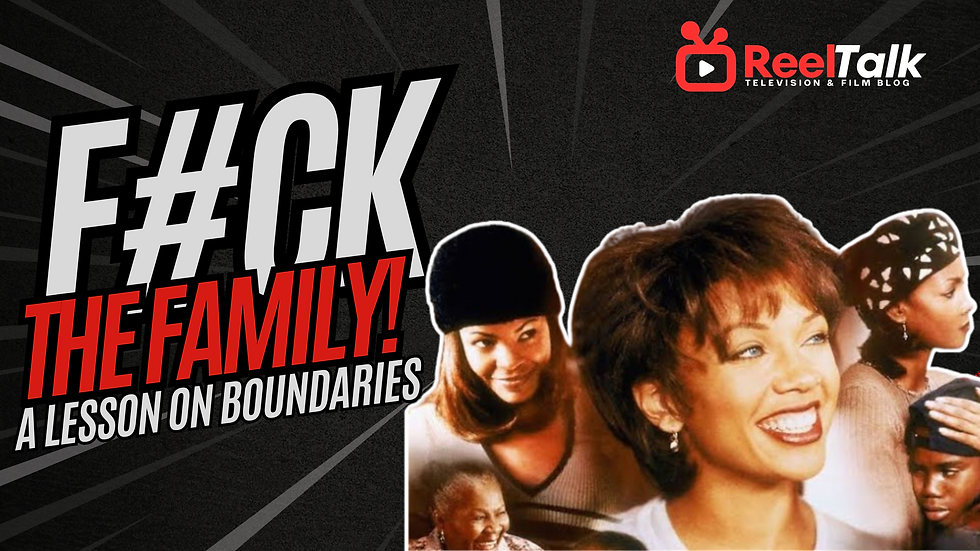What Cast Away Taught Me About Time, Adaptability, and What Truly Matters
- ReelTalk Blog

- Jul 2, 2025
- 3 min read
Updated: Jul 18, 2025

About a month ago, I sat down for my usual nighttime ritual—watching something lighthearted before bed. But instead of choosing a comedy, I scrolled through my Tom Hanks collection and stopped at Cast Away. Not exactly bedtime material, I know. The opening scene alone—Chuck Noland barking orders at Russian FedEx employees—set a tone far heavier than I expected. Like many, I had filed this movie away as “that plane crash movie.” But watching it now, over two decades later, I realized Cast Away is so much more than a story of survival on a remote island.
If you’ve never seen it, I urge you to go in with a blank slate—no assumptions, no expectations. Just watch. What unfolds is a profoundly human story that gently forces you to examine your life, priorities, and resilience. Yes, it’s about a crash. Yes, Chuck (played brilliantly by Hanks) is stranded for four years. But the more profound message? It’s about what happens after the world as you know it disappears.
The first lesson that hit me like a wave: adaptability. Chuck goes from micromanaging shipping routes to spearing fish with a stick, starting fire from scratch. Watching him adapt—clumsily at first, then with raw determination—felt all too familiar. It reminded me of getting fired from my first job. I thought it was a fluke. Then it happened again. And again. With each loss, the panic crept in: How would I eat? Pay rent? What would I do if I lost my car? I wasn’t prepared—but neither was Chuck. And still, he figured it out. He survived. That kind of forced resilience reminded me that adaptability isn’t a talent. It’s a necessity, one that grows in the fire of misfortune.
Then came the gut punch: Time waits for no one. Chuck is obsessed with time throughout the film—he’s a logistics guy. But time becomes irrelevant on that island, surrounded by nothing but waves and silence. Meanwhile, the world moved on without him. When he returns, Kelly—his fiancée—has married and has a child. She tried to find him, but eventually, life demanded she let go. It made me think about how we all believe we have control. We schedule, we plan, we obsess. But Cast Away reminds us that control is an illusion. What matters is how we spend the time we’re given, especially when plans fall apart.
And finally, the most bittersweet truth: you can’t go back. Chuck’s return is celebrated, but all he wants is Kelly. All he wants is the life he lost. And just like that, it becomes clear—there’s no going back. Even if you survive the impossible, the world keeps spinning. People keep living. It’s heartbreaking, yet strangely freeing. Because if we can’t go back, the only choice is forward.
There’s a powerful moment when Kelly is willing to leave everything to be with Chuck again. And he tells her she has to go home. That, right there, is growth. Acceptance. Love, even.
Cast Away isn’t about being stranded on an island. It’s about what you discover when everything is stripped away. It asks: What truly matters when there’s nothing left? What would you fight to return to? And if you couldn’t go back, could you still find your way forward?
It’s more than a film. It’s a quiet reflection on life, loss, and starting over. And somehow, it was exactly what I needed that night.







Well damn big sis 🥹…not me reflecting over my whole life in one min though. Very well written. The best part of this to me is that this is exactly how u speak…polished, genuine, and precise. Encore goddess!!! Gimme summo!
Wow. Such a profound thing. Adapting being a necessity, not a talent. The realization that the world you left behind still moved forward, even if you didn't. This was a great read!